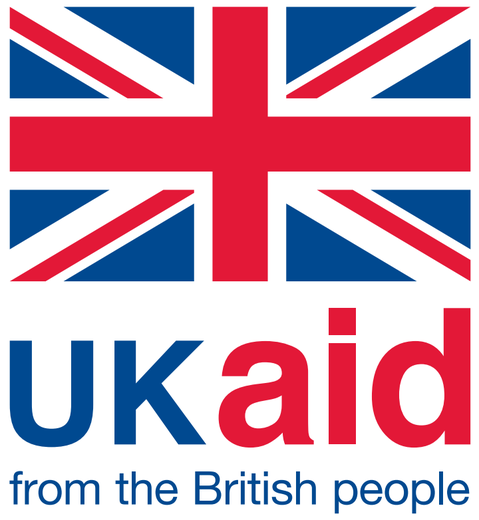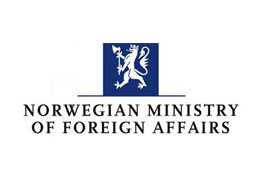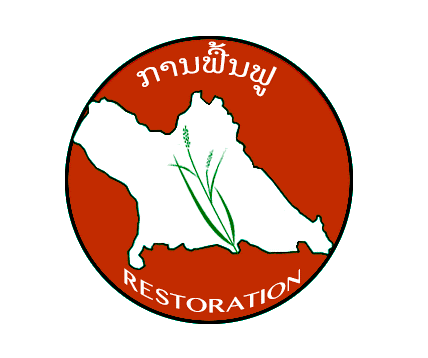Despite bombing ending more than 40 years ago, cluster bomb contamination continues to kill, injure and hinder development in Laos. MAG has worked in Laos since 1994 across Xieng Khouang and Khammouane provinces, clearing unexploded bombs from community land.
Why we work in Laos
More than two million tons of cluster bombs were dropped on Laos during the second Indochina War (1964-1973), making Laos the most heavily bombed country in history per capita. Khammouane Province in central Laos was a target for U.S. bombing. The airstrikes were mostly aimed at disrupting movement along the Ho Chi Minh Trail – a key logistical supply route used by the North Vietnamese.
An estimated 30 percent of the 270 million sub-munitions dropped on the country did not detonate. Four decades after the war, these deadly items remain a persistent threat and daily reality for thousands of communities across Laos.
There is no agreed figure on remaining contamination in Laos, but current data suggests that approximately 600 square miles of land still requires clearance – an area equivalent to the size of Houston, Texas. Contamination prevents communities from fully utilizing their land, with the main economic activities for rural communities – forestry and agriculture – accounting for a large proportion of unexploded bomb accidents.
Development experts have long recognized the links between unexploded bomb contamination and poverty levels in Laos.
MAG is always the first organization that I and the other villagers call, because we know MAG will come and solve the problem.
Ban Boua NouaLaos
How we help
We have over 600 staff in Laos. We assess the scale of contamination, often by talking to communities, and then our staff physically clear priority areas, sometimes using machines to clear areas with heavy vegetation.
Risk education sessions help to raise awareness of the risks associated with potentially lethal items and promote safer behavior, decreasing the likelihood of accidents among affected communities. MAG’s program is designed to be gender and age appropriate, context-specific and to address the varying risk-taking behaviors that lead to accidents. For example, songs and games are used with children, and messages are made understandable for participants with or without literacy.
MAG has an unexploded bomb reporting hotline number that communities can use to report cluster bombs and receive an immediate response. In accordance with national standards, each item reported is destroyed within 24 hours and priority is given to those that present an immediate threat to life, such as in school playgrounds or gardens.















